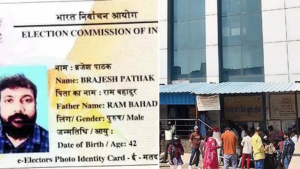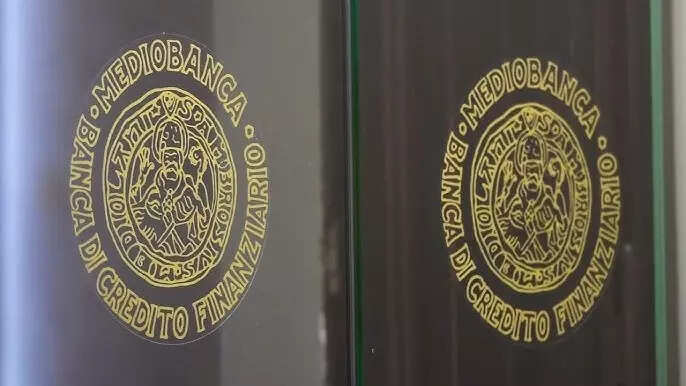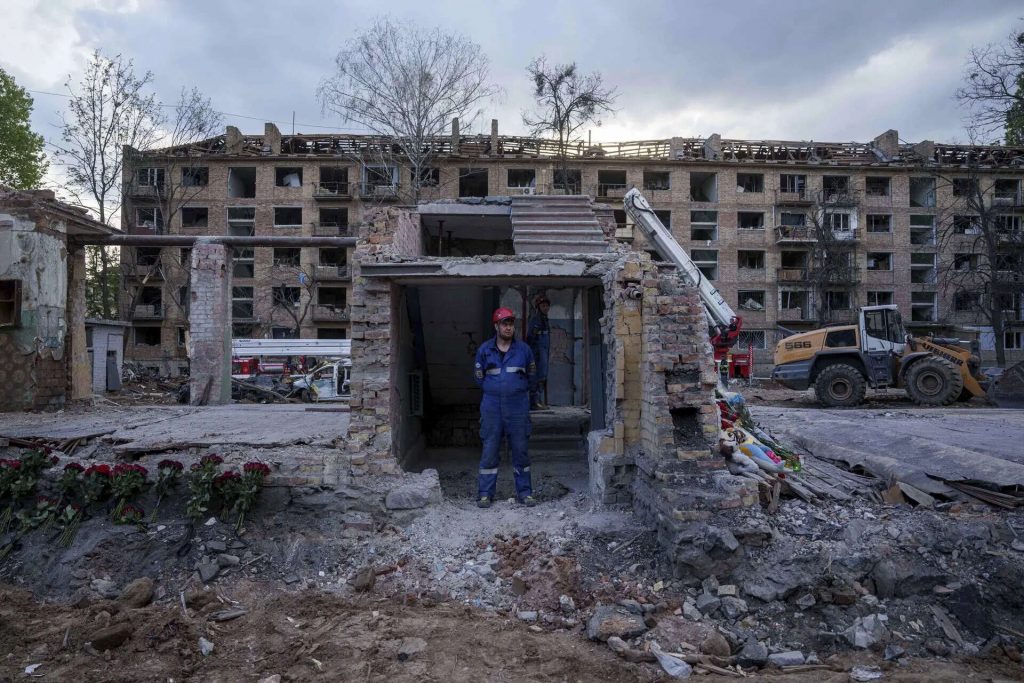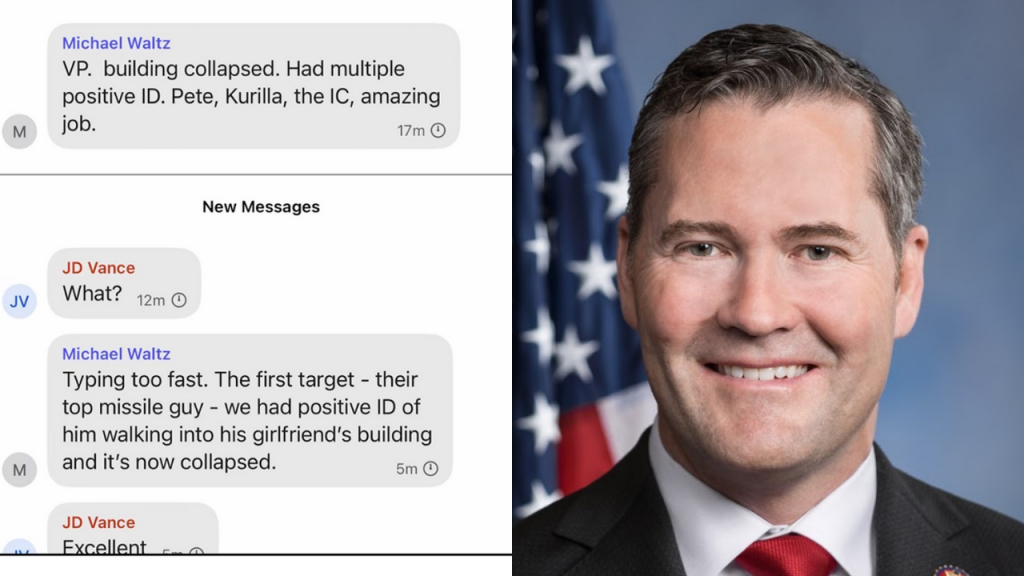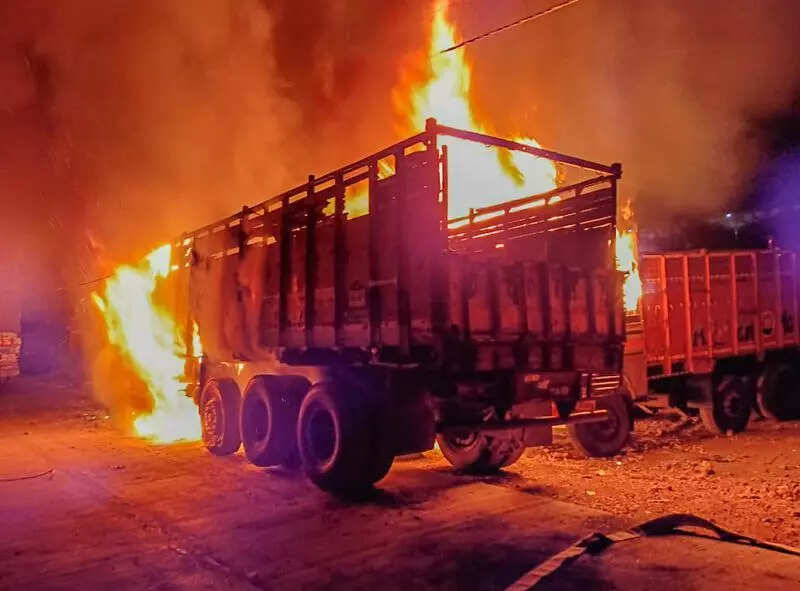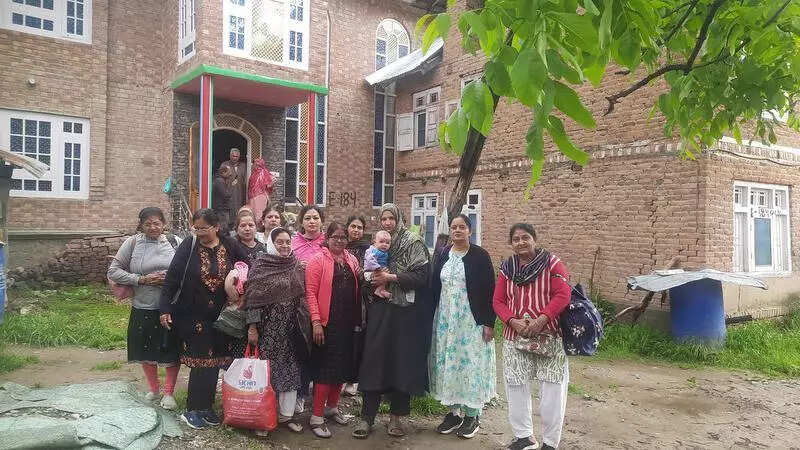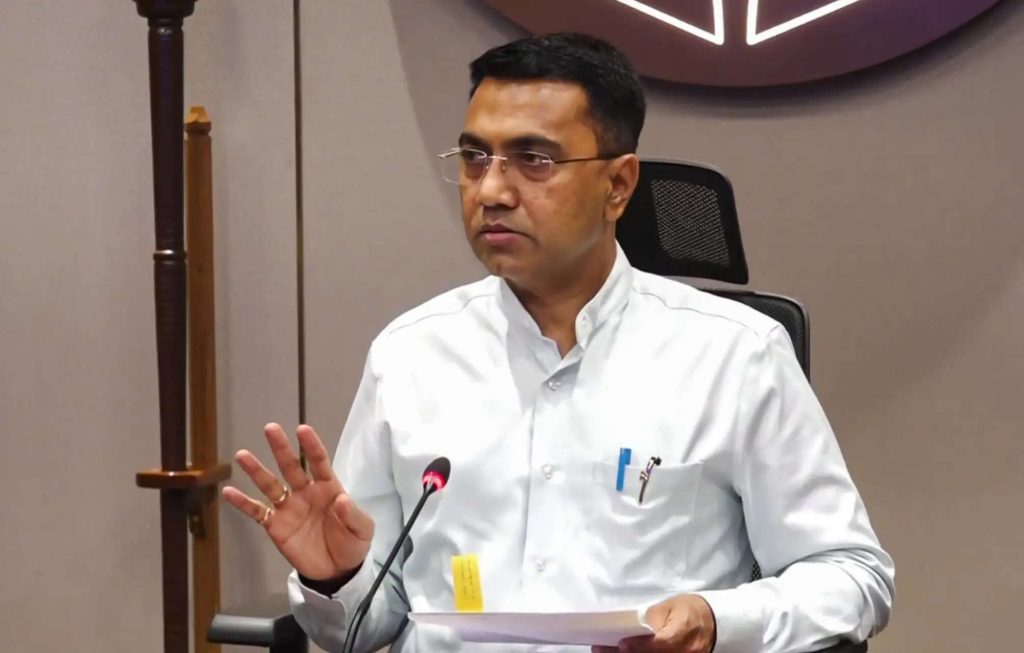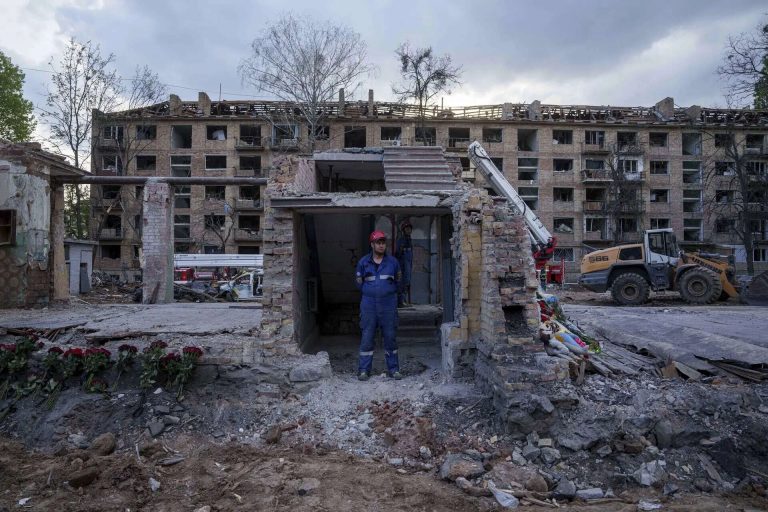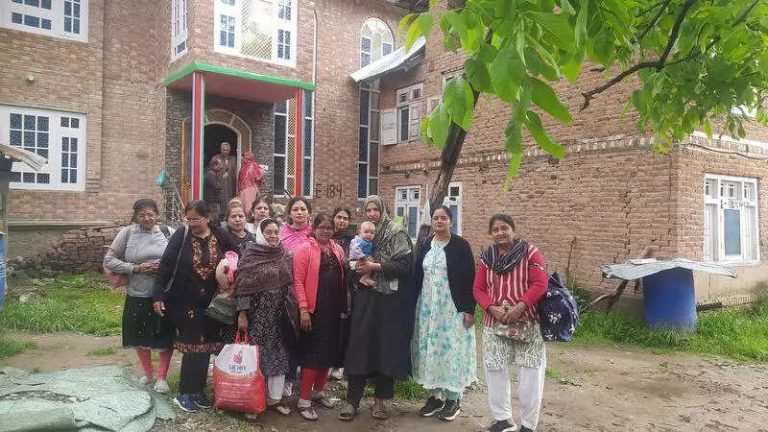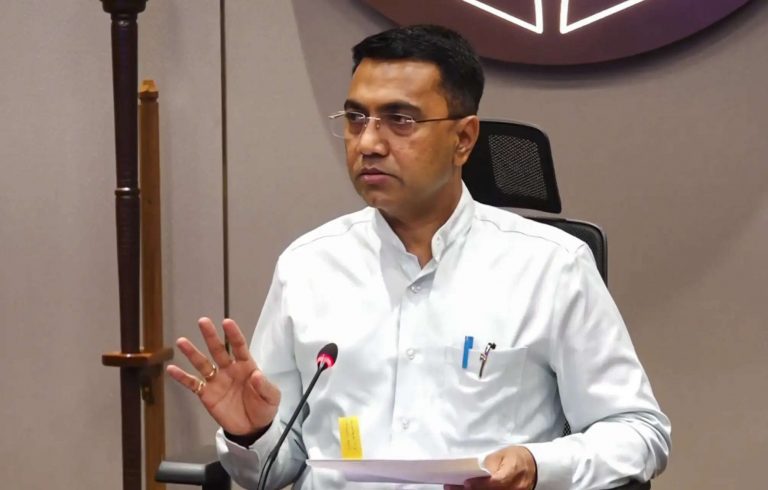In the aftermath of the Pahalgam terrorist attack, a large gathering of Indian-origin supporters clashed with a smaller Pakistani protest outside the Indian High Commission in London. The Indian supporters, waving the Tricolour and chanting patriotic slogans, significantly outnumbered the Pakistani protesters who were voicing their opposition to PM Modi. This confrontation has ignited discussions in the UK, particularly among right-wing commentators who are now questioning the effectiveness of multiculturalism. The incident has underscored the deep-rooted tensions between Indian and Pakistani communities in the UK, reflecting the ongoing political and social dynamics in South Asia. The clash also highlights the significance of diaspora politics and the ways in which global events can influence local communities. As the world continues to grapple with issues of terrorism and nationalism, the incident in London serves as a stark reminder of the complexities surrounding identity, belonging, and allegiance within diaspora populations. The implications of this clash are not limited to the streets of London but extend to broader questions of diplomacy, security, and community relations both in the UK and in India. The aftermath of the Pahalgam attack has clearly reverberated across borders, sparking intense emotions and raising concerns about the potential for further conflicts. It remains to be seen how this incident will impact future interactions between Indian and Pakistani communities in the UK and what lessons can be drawn from this moment of tension. As the world watches closely, the need for dialogue, understanding, and mutual respect has never been more crucial in navigating the complexities of global politics and identity.
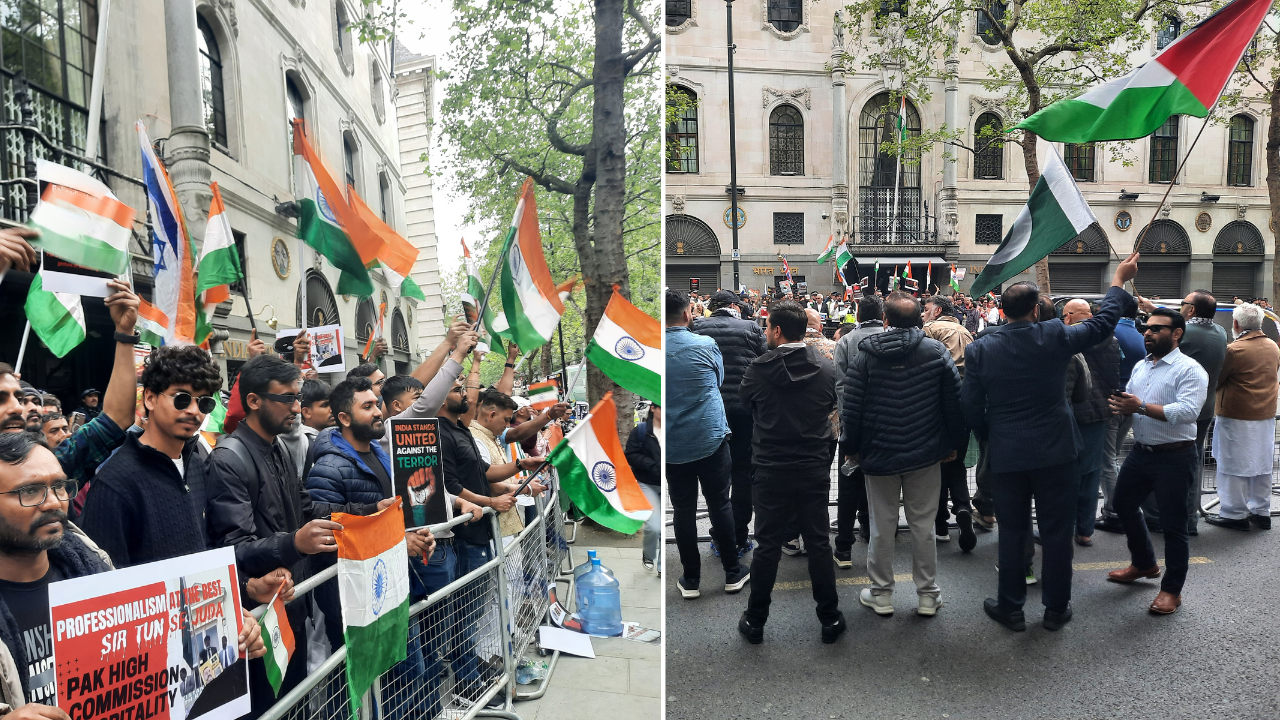
Posted in
JUST IN
Indian-origin supporters outnumber Pakistani protesters at Indian High Commission in London post-Pahalgam attack, sparking UK debate.
In Trend

“India’s top court rules in favor of allowing women to take admission in the National Defence Academy”
